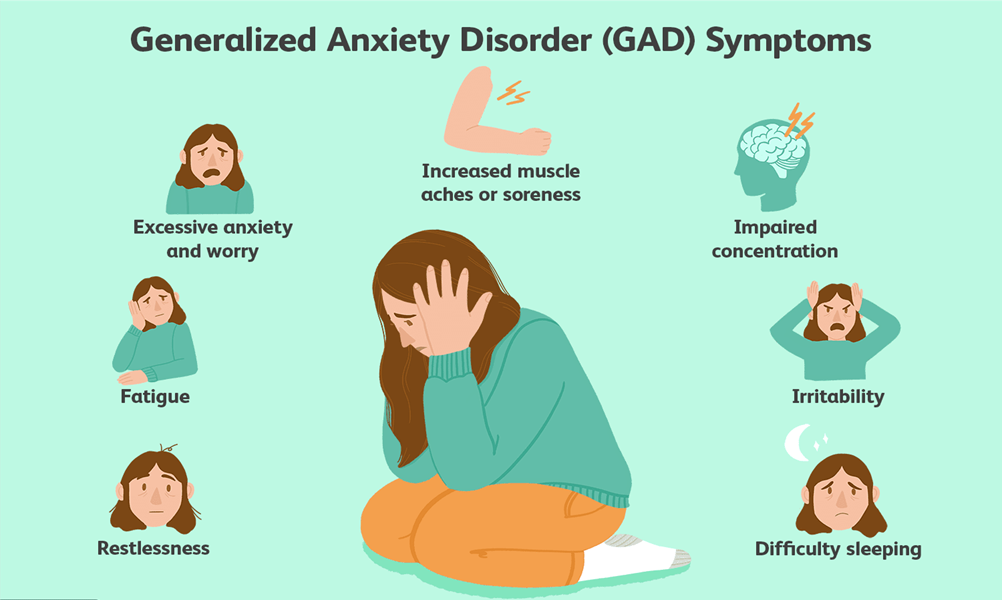A nurse is caring for a client who has been taking Xanax (alprazolam) for anxiety. The nurse anticipates which of the following?
The client's at-home dose should be decreased.
The client may need an increased dose to control symptoms.
Xanax (alprazolam) does not cause dependency.
Ativan (Lorazepam) can be added to the client's medications.
The Correct Answer is A
Choice A reason:
Decreasing the dose of Xanax (alprazolam) is often necessary when a client shows signs of dependency or when there are concerns about potential side effects, such as uncontrolled hypertension. Xanax is a fast-acting benzodiazepine, which can be highly addictive, especially when taken in doses of 4 mg/day for longer than 12 weeks. It is essential to monitor the client's blood pressure and adjust the medication accordingly to avoid exacerbating hypertension.
Choice B reason:
Increasing the dose may temporarily control symptoms of anxiety, but it also increases the risk of dependency and other side effects. Given the client's uncontrolled hypertension, increasing the dose could lead to further complications.
Choice C reason:
This statement is incorrect. Xanax does cause dependency, and it is one of the most addictive benzodiazepine medications on the market today. Dependency can develop quickly, even in users who follow a prescribed dosing schedule.
Choice D reason:
While Ativan (Lorazepam) is also used to treat anxiety, adding it to the client's medication regimen without careful consideration could increase the risk of dependency and adverse effects. Both Xanax and Ativan are benzodiazepines, and their combined use should be monitored closely by a healthcare professional.

Nursing Test Bank
Naxlex Comprehensive Predictor Exams
Related Questions
Correct Answer is C
Explanation
Choice A reason: Aspirin is not used to reverse the effects of opioids. It is an anti-inflammatory drug that can reduce pain and fever, but it does not have the capability to counteract opioid effects.
Choice B reason: Acetaminophen, also known as Tylenol, is a pain reliever and a fever reducer. It does not have the properties to reverse opioid overdoses and is not an antidote for opioids.
Choice C reason: Naloxone is the correct medication to reverse the effects of opioids. It is an opioid antagonist that can quickly restore normal breathing in a person if their breathing has slowed or stopped because of an opioid overdose. Naloxone binds to opioid receptors and can reverse and block the effects of other opioids.
Choice D reason: Ibuprofen is a nonsteroidal anti-inflammatory drug (NSAID) used to treat pain, fever, and inflammation. Like aspirin and acetaminophen, it does not reverse the effects of an opioid overdose.
In conclusion, naloxone is the medication that is used to reverse the effects of opioids in the case of an overdose. It is a critical drug in emergency situations involving opioids and can save lives by reversing life-threatening respiratory depression caused by opioid overdose. Healthcare providers should be prepared to administer naloxone and provide appropriate follow-up care after its use.
Correct Answer is A
Explanation
Choice A reason:
When a client expresses thoughts of wanting to end their life, it is crucial for the nurse to immediately assess the risk of suicide. Asking the client if they have a plan to commit suicide is a direct approach to gauge the immediacy and seriousness of the risk. This information is vital for determining the next steps in care, which may include close supervision, safety precautions, and urgent psychiatric evaluation.
Choice B reason:
While ensuring the client is comfortable is important, allowing the client to rest without further assessment or intervention may not be safe if the client is at immediate risk of self-harm. The priority is to assess and secure the client's safety.
Choice C reason:
It is inappropriate and potentially dangerous to dismiss the client's statement as manipulation. All expressions of suicidal ideation should be taken seriously, and the nurse should provide a supportive response that addresses the client's emotional state and safety concerns.
Choice D reason:
Notifying the client's family can be part of a broader safety plan, but it should not replace immediate assessment and intervention by the healthcare team. Family members may provide support, but they are not a substitute for professional care and suicide risk assessment.
Whether you are a student looking to ace your exams or a practicing nurse seeking to enhance your expertise , our nursing education contents will empower you with the confidence and competence to make a difference in the lives of patients and become a respected leader in the healthcare field.
Visit Naxlex, invest in your future and unlock endless possibilities with our unparalleled nursing education contents today
Report Wrong Answer on the Current Question
Do you disagree with the answer? If yes, what is your expected answer? Explain.
Kindly be descriptive with the issue you are facing.
